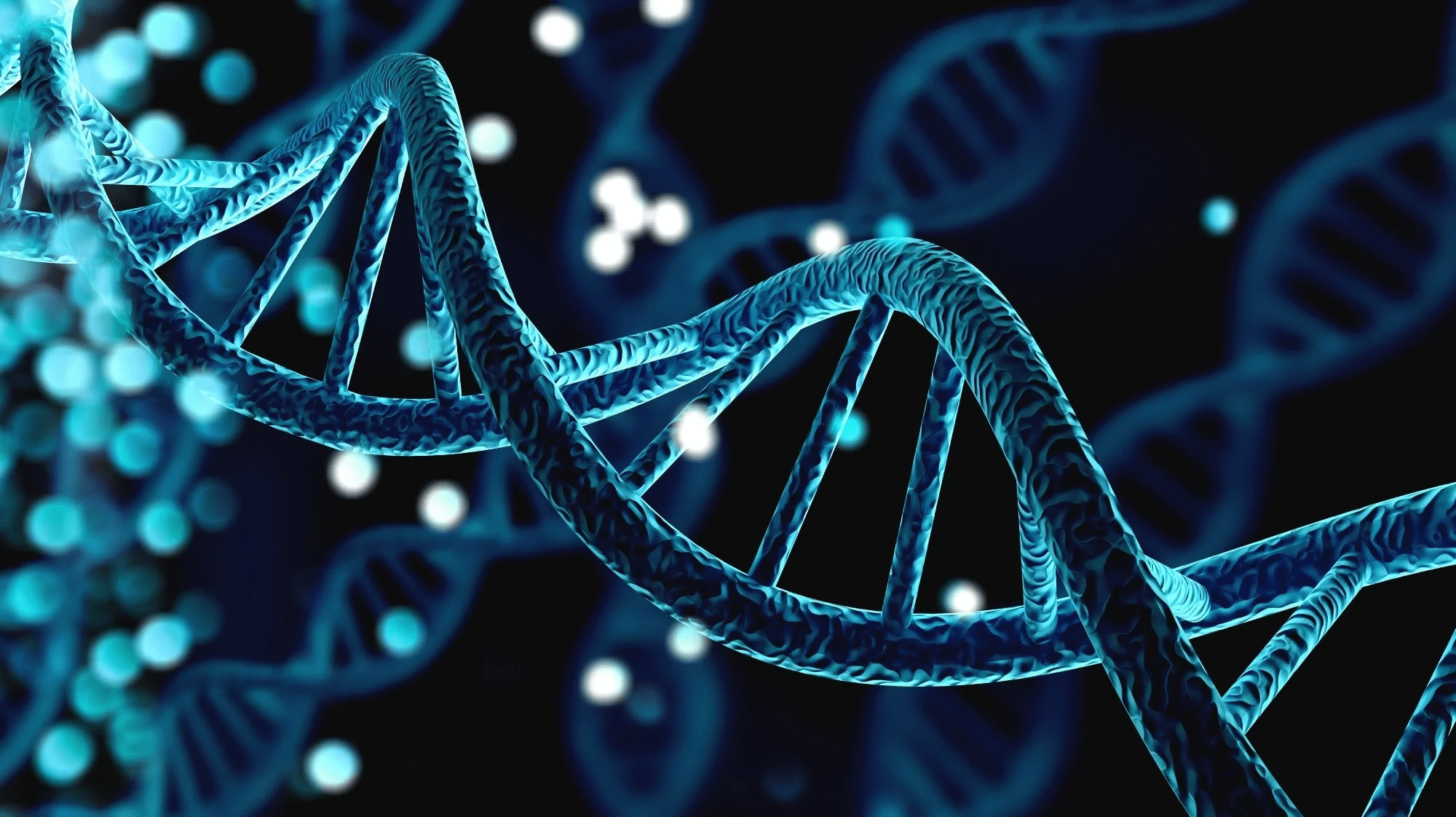One of the major issues with trying to simplify science is that by doing so one renders it immediately inaccurate. Science cannot be simplified if one is to maintain its reliability and validity. Humans are limited in their capacity, whereas scientific explanations demand complexities. If one does not understand then that is what is meant to be. The level of knowledge and application required should not change because most if not all humans are not up to it.
Whether physics, chemistry or biology it is up to humanity to raise its game not for science to simplify.
One such example is the ‘Selfish Gene’ theory proposed by Richard Dawkins.
‘The Selfish Gene’ summarised:
“The Selfish Gene” is a book written by Richard Dawkins, published in 1976. The main argument of the book is that genes, rather than organisms or species, are the fundamental unit of natural selection. The book proposes that genes are “selfish” in the sense that they are driven to replicate themselves and their traits, regardless of the well-being of the organism or the species as a whole.
Dawkins uses this concept to explain various aspects of evolution, including altruism, kin selection, and sexual reproduction. He also argues that cultural evolution can be understood in the same framework as biological evolution, with ideas and beliefs acting as replicators that are subject to selection pressures.
Overall, “The Selfish Gene” presents a compelling argument for the gene-centric view of evolution and has been influential in shaping the field of evolutionary biology. And this is where the apex of the problem resides.
Described by the science writer David Dobbs as ‘a gorgeous theory’, Dobbs then goes on to explain why Dawkins’ over simplification undermines its authenticity and skews any understanding of gene theory.
It’s a gorgeous story. Along with its beauty and other advantageous traits, it is amenable to maths and, at its core, wonderfully simple. It has inspired countless biologists and geneticists to plumb the gene’s wonders and do brilliant work. Unfortunately, say Wray, West-Eberhard and many others, the selfish-gene story is so focused on the gene’s singular role in natural selection that in an age when it’s ever more clear that evolution works in ways far more clever and complex than we realise, the selfish-gene model increasingly impoverishes both scientific and popular views of genetics and evolution. As both conceptual framework and metaphor, the selfish-gene has helped us see the gene as it revealed itself over the 20th century. But as a new age and new tools reveal a more complicated genome, the selfish-gene is blinding us. (Dobbs 2014)
The “selfish gene” theory, also known as gene-centered view of evolution, suggests that genes are the primary unit of selection and that natural selection acts on genes rather than individuals or populations. The theory proposes that genes are “selfish” in that they are solely concerned with their own replication and propagation, and that they use individuals and populations as vehicles to accomplish this goal.
However, it is important to note that this theory is not entirely wrong, but rather it has limitations and has been subject to criticism and refinement over the years. Some of the main criticisms of the selfish gene theory include:
- It overlooks the role of other factors in evolution: While genes are certainly important in the evolutionary process, they are not the only factor that shapes evolution. Environmental factors, epigenetics, and the interactions between individuals and their environment all play a crucial role in shaping the evolution of species.
- It oversimplifies the relationship between genes and traits: Genes do not work in isolation, and the expression of traits is the result of complex interactions between multiple genes, as well as the environment in which the organism develops.
- It ignores the role of group selection: The selfish gene theory assumes that natural selection acts solely at the level of the gene, without considering the possibility that selection can also occur at the level of the group or population.
- It assumes that genes are static and unchanging: In reality, genes are subject to mutation, recombination, and other processes that can alter their expression and function over time.
In summary, while the selfish gene theory has contributed to our understanding of evolution, it is an oversimplification of a complex process and cannot fully explain the diversity of life on Earth.
The lesson that ultimately requires learning then is that for those who impose their will based upon a simplification of science, the direction of any epistemological journey is a snipe hunt. We have to be all in or all out if reality is what we seek.
Jason Cridland
Join us in helping to bring reality and decency back by SUBSCRIBING to our Youtube channel: https://www.youtube.com/channel/UCQ1Ll1ylCg8U19AhNl-NoTg and SUPPORTING US where you can: Award Winning Independent Citizen Media Needs Your Help. PLEASE SUPPORT US FOR JUST £2 A MONTH https://dorseteye.com/donate/












